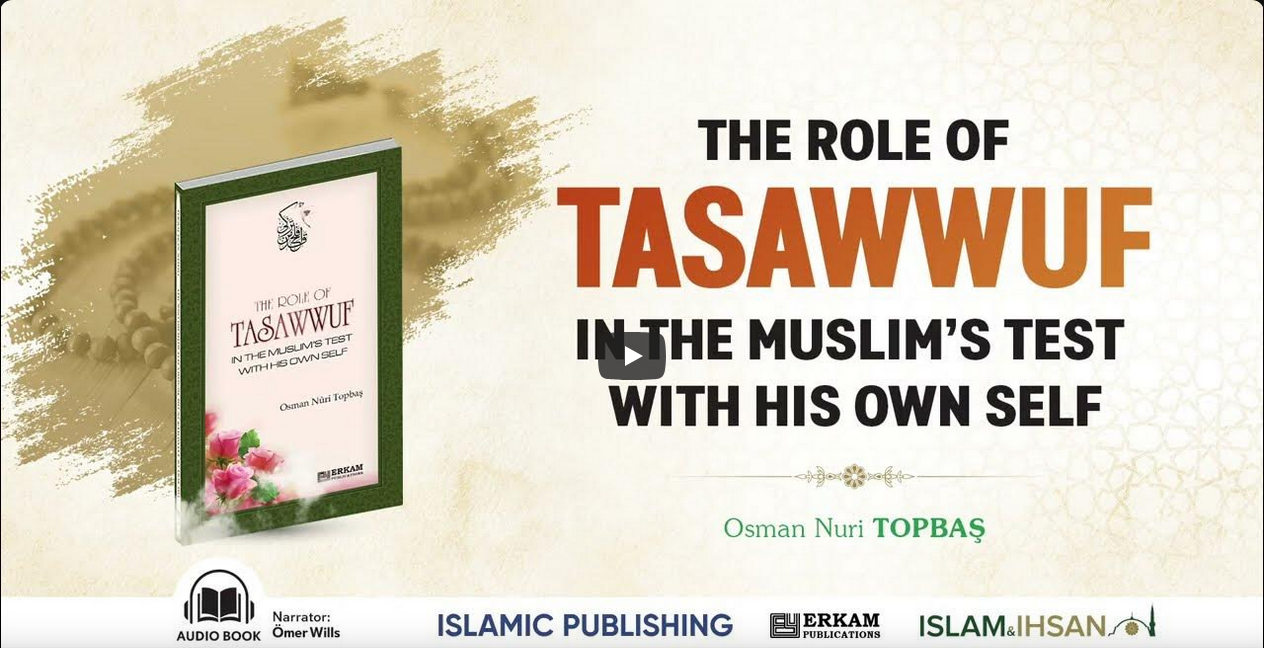
Hanafi School (Shafii)
What is hanafi school in shafii fiqh?
According to shafii fiqh:
a. The Founder of the Hanafi School: Abu Hanifa (80-150 AH / 699-767 CE)
Imam Abu Hanifa whose name is Nu’man b. Thabit was the son of Thabit b. Zut’a who was originally from Khorosan. He was born and raised in Kufa and completed his education there. He passed on in h. 150 in Baghdad. It is reported that the number of legal cases solved in Abu Hanifa’s teaching circles were more than six hundred thousand.
The number of students trained by Abu Hanifa reaches up to four thousand, 730 of whom excelled further in knowledge and about 40 of whom reached the level of ijtihad. The Hanafi School is attributed to Abu Hanifa. In this school, Abu Yusuf is regarded as the second imam and Imam Muhammad as the third.
-
Abu Yusuf (113-182 AH / 731-793 CE)
Abu Yusuf was born in h. 113 in Kufa, and died in h. 182 in Baghdad. He served as qadi (judge) during the reign of three Abbasid caliphs; Mahdi, Hadi and Harun al-Rashid. The first person who was given the title “qadi’l qudat” (judge of judges [minister of justice]) in Islamic history was Abu Yusuf. His most important book is entitled “Kitab ul-Kharaj.”
-
Imam Muhammad (132-189 AH / 749-804 CE)
Muhammad b. Hasan al-Shaybani was born in h. 132 in the city of Wasit (Iraq). He died in h.189 in Ray (Iran). He played an important role through his books in the systemization and spread of the Hanafi School.
b. The Regions where the Hanafi School exists today
The Hanafi school spread throughout the lands that were controlled by the Abbasid Empire. The fact that Abu Yusuf was “qadi’l qudat” during the Abbasid period affected the popularity of this madhhab. Today, it is the dominant school in Central Asia (Turkey, Pakistan, India, Bangladesh, Turkish Republics etc.) where a dominant Muslim population exists, in the Balkans (Albania, Kosovo, Bosnia and Herzegovina, etc.), and in Caucasia and North Europe. According to estimations, approximately 40% of the Muslim population in the world today follow the Hanafi School.
Source: Fiqh1 (According To The Shafi’i School Of Islamic Law), Erkam Publications
The Definition of The Science of Fiqh (Shafii)
The Importance of The Science of Fiqh (Shafii)













